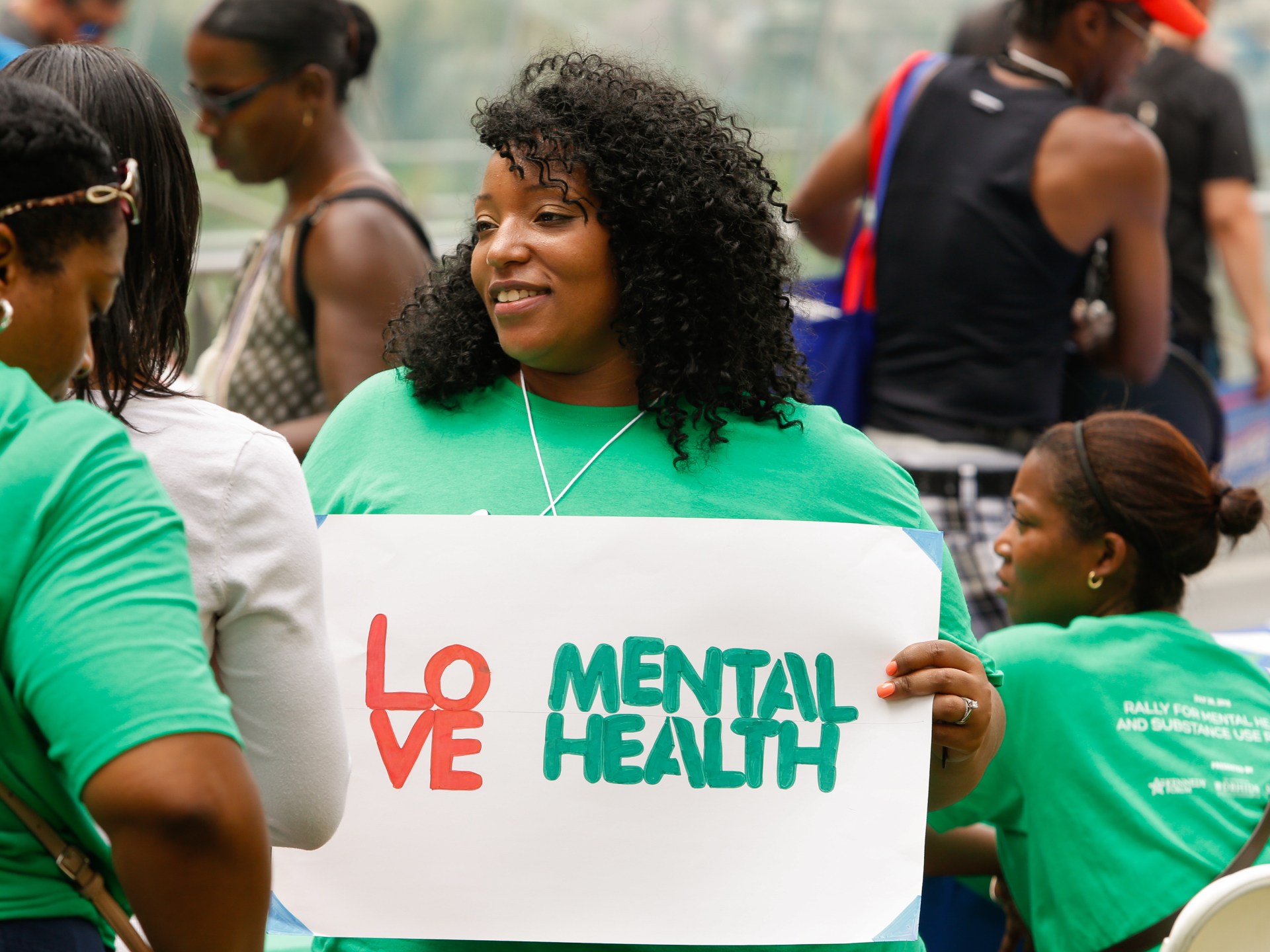Multiplying and escalating crises are placing ever greater strains on people’s mental health and the services available to support them. From the lingering effects of COVID-19, the uptick in climate-related emergencies and the ongoing impacts of conflict and displacement in many regions, more and more people are suffering. Meanwhile, stigma and discrimination against people with mental health conditions and psychosocial disabilities continue in our schools, workplaces and communities.
With as many as one billion people – one in eight of us – living with a mental health condition, and a persistent history of under-investment in mental health services, the gap between the need for and availability of quality care and support can be expected to widen further. This will have predictable consequences for the health, happiness and wellbeing of millions of people.
Isn’t it part of the human right for healthcare?
Since the WHO defines health as so:
Health is a state of complete physical, mental and social well-being and not merely the absence of disease or infirmity.
, the “mental wellbeing” part makes it a human right, according to the Article 25 section 1 of the Universal Declaration of Human Rights:
Everyone has the right to a standard of living adequate for the health and well-being of himself and of his family, including food, clothing, housing and medical care and necessary social services, and the right to security in the event of unemployment, sickness, disability, widowhood, old age or other lack of livelihood in circumstances beyond his control.
Indeed, it is:
https://lemmy.sdf.org/post/18443730 <- universal healthcare and human rights
The right to the highest attainable standard of physical and mental health[10]—a right that practically all countries have committed to uphold
Except, the United States still hasn’t ratified.
https://lemmy.sdf.org/post/17662154 <- map of who hasn’t ratified
https://lemmy.sdf.org/post/17841177 <- easy-to-read ICESCR
It’s hard for the US to ratify it because special interests have made it nearly impossible to restructure our system so it’s modeled after healthcare being a right. ACA/medicaid expanded access, the intent is there, but “special interests” (ok republicans) have spent a decade declawing the law and have made it difficult to keep costs down by removing the insured mandate. As long as insurance is tied to employment, it will never be a right in the US.



